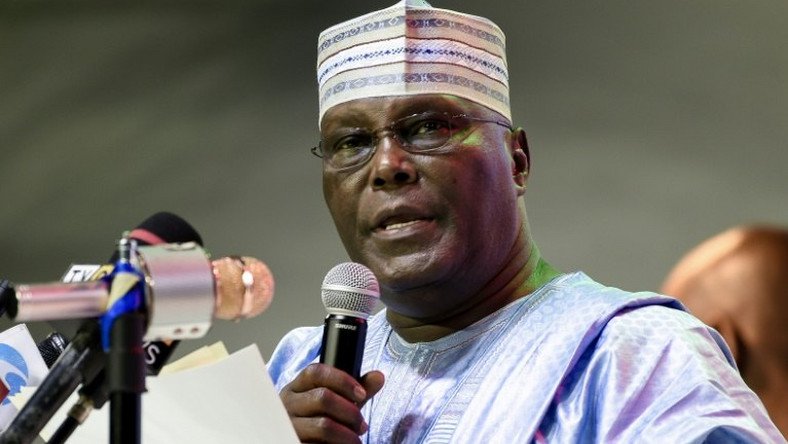In a notable development, the National Assembly has approved a substantial increase in its 2024 budgetary allocation, marking a surge of 74.23% to reach N344.85 billion. This significant rise represents the highest-ever budget allocation for the National Assembly, surpassing the initially proposed N197.93 billion in the 2024 budget.
The decision to elevate the budget of both the Senate and the House of Representatives comes amid a prevailing cost-of-living crisis in the country. The Federal Government had previously communicated to citizens the challenging economic times faced by the nation.
The 2024 Appropriation Bill, recently passed and signed into law, witnessed an increase from the Executive’s proposed N27.5 trillion to N28.77 trillion. The National Assembly also adjusted statutory transfers, elevating funding to entities such as the National Judicial Council, Niger-Delta Development Commission, and others, from N1.38 trillion to N1.74 trillion.
A document titled ‘House of Representatives Federal Republic of Nigeria Order Paper,’ dated Saturday, December 30th, 2023, provided a breakdown of the revised statutory allocations. Key changes included an increase in the allocation to the National Assembly from N197.93 billion to N344.85 billion.
Unlike previous practices where the National Assembly did not disclose a detailed breakdown of its budget, the document now provides transparency in budget details. Components of the legislative budget encompass allocations for the National Assembly Office, Senate, House of Representatives, National Assembly Service Commission, Legislative Aides, and various committees and projects.
The budgetary increase comes at a time when the country has witnessed a consistent rise in the cost of funding the arms of government and agencies, despite a challenging macroeconomic environment and reduced government revenues.
While justifying the budget increase, the Chairman of the Appropriation Committee of the Senate, Adeola Solomon, noted that the decision was influenced by economic realities. Solomon emphasized that external consultations, especially in areas like oil benchmark and petroleum resources, played a crucial role in the deliberations.
The document also highlighted allocations for projects, including the construction of the National Assembly Budget and Research Office (NABRO), the NASS Hospital Project, and the upgrade of NASS key infrastructures.
The substantial boost in the National Assembly’s budget allocation has sparked discussions on the economic implications and the government’s efforts to address revenue challenges. As the nation navigates its fiscal path in 2024, attention will be closely monitored to assess the impact of the budget increase on the country’s financial landscape.













